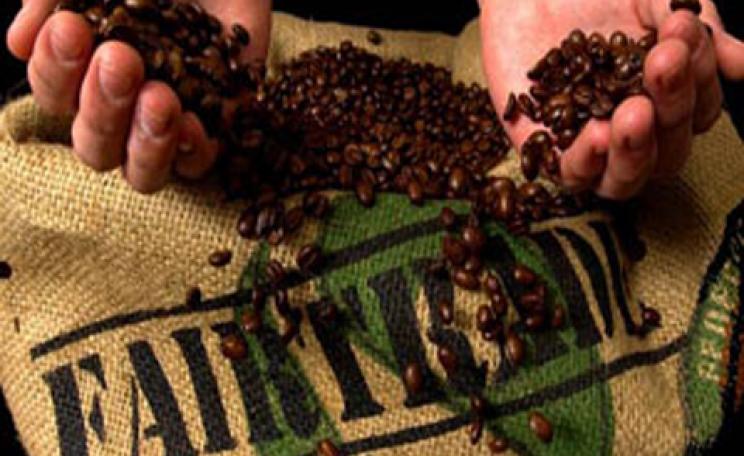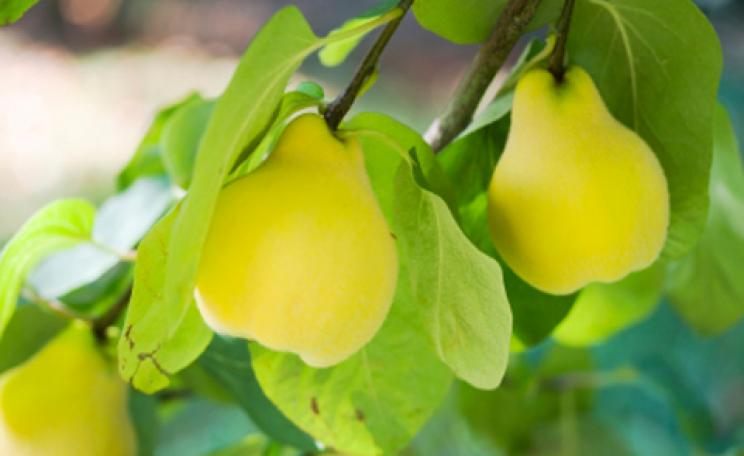Divine is the UK's biggest Fairtrade chocolate company
In the years since the cocoa bean arrived on this side of the Atlantic, Britain has become a nation of chocolate lovers. Milk or dark, hot chocolate or Coco Pops: we eat and drink it every day. In the UK alone, the market for chocolate and chocolate products is worth an estimated £3.5 billion a year. And it isn’t just the Brits either. Belgium and Switzerland have become synonymous with chocolate while the world’s largest confectionary company, American giant Mars-Wrigley, racks up annual global sales in excess of $30 billion. Chocolate is big business. But it hasn’t always been an ethical one, with third world cocoa farmers left at the mercy of unpredictable markets. Enter Fairtrade. Enter Divine.
A growing concern
Launched over a decade ago, Divine was the first farmer-owned Fairtrade chocolate company, with the majority of shares held by Kuapa Kokoo, a Ghanaian cocoa farmer’s organisation. Not only do they pay farmers a guaranteed minimum price of $2000 per tonne, they also pay a social premium amounting to an extra $200 per tonne and Kuapa Kokoo gets 45 per cent of the distributable profits. ‘So much has changed since we started,’ remembers MD, Sophi Tranchell. ‘Then, when people thought of chocolate, they thought of the corner shop, of chocolate bars and so on. No one really thought about the cocoa pods and where they came from. Now, everyone does.’ That they do is largely thanks to Divine and their pioneering work, not just in Ghana but in Sierra Leone and Malawi too.
Currently enjoying a 27 per cent share of the Fairtrade cocoa market and a turnover in excess of £11.8 million per year, Divine is sold in most supermarkets and has expanded to include a range of different chocolate flavours all made using fairly traded ingredients such as Fairtrade apricots from Peru. The company has blazed a trail for other Fairtrade cocoa products, including supermarket own-brand. ‘There’s been a real shift to the mainstream with Fairtrade,’ says Sophi. ‘There’s also been a move towards premium and dark chocolate which has helped us, particularly in the own-brand market. We used to make own-brand dark chocolate for the Co-op’s Irresistible range and it always did well.’
Organic or ethical?
But Fairtrade doesn’t necessarily mean organic and since cocoa bean production usually requires pesticides, the environmental impact of chocolate production can be a problem. Sophi’s response is robust. ‘As I see it, there are two reasons for buying organic chocolate: good for the planet or good for you. People who buy organic mostly do it because they want to be healthy, not necessarily because they want to save the planet. Fair trade on the other hand, is bought for altruistic reasons – because people want to help other people. Our main concern with using pesticides is what they do to the farmers. Kuapa Kokoo has found safer ways to use them and has asked farmers to make sure all the children are off the farm before it’s sprayed. To minimise the impact on the environment, farmers are encouraged to practise integrated pest management – weeding in other words – as it’s both cheaper and better for the environment. Cocoa is also used as a buffer crop around virgin rain forest and Kuapa encourages farmers to replant their old cocoa plantations, rather than digging up new stretches of rainforest.’
Divine’s NGO partner, Twin, also works with farmers to encourage the planting of shade trees around the plantations, creating ‘carbon sinks’ which attract carbon offset payments and add to farmers’ incomes. ‘Good farm management is also encouraged,’ adds Sophi. ‘The farmers ferment, then burn the empty cocoa pods and rake them back into the soil as fertiliser – it’s pod recycling.’ Growing the cocoa beans isn’t the only side of the business where Divine is minimising its environmental footprint however. Packaging, says Sophi, is also an important part of Divine’s green strategy.
Perfecting packaging
‘I think every company needs to do the best they can for the environment, as the situation is urgent,’ says Sophi. ‘We do what we can but we don’t make a big statement about it; we just try and incorporate it into daily operations.’ Packaging the chocolate is a case in point and over the years, measures have been put in place to reduce the impact of the wrapper on the environment. ‘The chocolate advent calendar is a good example,’ explains Sophi. ‘They used to have lots of extra wrapping, so first I thought: what’s the point of the cellophane? No one thought it would work but I got rid of it, it worked fine and now everyone is doing it. The next year, I thought of recycled card and that worked too so we’ve kept doing it. The tray was a bit more of a problem as in theory, cornstarch is best but in practice, it doesn’t work as there aren’t enough facilities for composting at an industrial level. If you try and recycle cornstarch using the normal systems, it pollutes the plastic facilities, so we can’t do it. Instead we introduced a tray made from PET [a type of polyester], which is 100 per cent recyclable. Fair trade and delicious chocolate are the main story but we do our best to be green too.’
Although Divine is still small compared to multinationals such as Cadbury and Hershey’s, it is growing and is proof that a sustainable, fair-trade business model can work. Not only did it sail through the recession, it’s expanding and taking its fair trade message to the USA, Scandinavia and Holland among others. ‘I really want to make Divine something worth owning: bigger and more real to the farmers,’ says Sophi. ‘Some of them have been able to travel the world representing Divine and it’s given them confidence. They’ve been really impressed with what they’ve seen and the idea of owning a company in the UK makes them smile. It’s given them a voice, a platform and recognition in the world.’
| READ MORE... | |
 |
GREEN LIVING Green business: Ella's Kitchen Organic baby food company Ella's Kitchen is already big in the UK and Scandinavia, and now aiming to crack the US. Co-founder Alison Lindley discusses the difficulties of keeping it green during a period of meteoric growth |
 |
GREEN LIVING New series Green business: Lush Cosmetics company Lush is a zero-packaging pioneer on the high street. In the first of our new 'Green business' series, founder Mark Constantine discusses gourmet consumerism, dream factories and why his ethical creation is a work in progress |
 |
INVESTIGATION Chocoholism The good, bad, and ugly sides of chocolate addiction. |
 |
GREEN LIVING How to decode food labels and shop with a conscience Is it healthy? Is it organic? Is it fairly traded? How far has it travelled? At times, making informed choices can feel like a full-time job. Here is a pocket guide to buying food from the new book Stuffed |
 |
COMMENT How fair is our food? Food Ethics Council policy director Sean Roberts explains why a debate on fairness in food and farming is long overdue |








